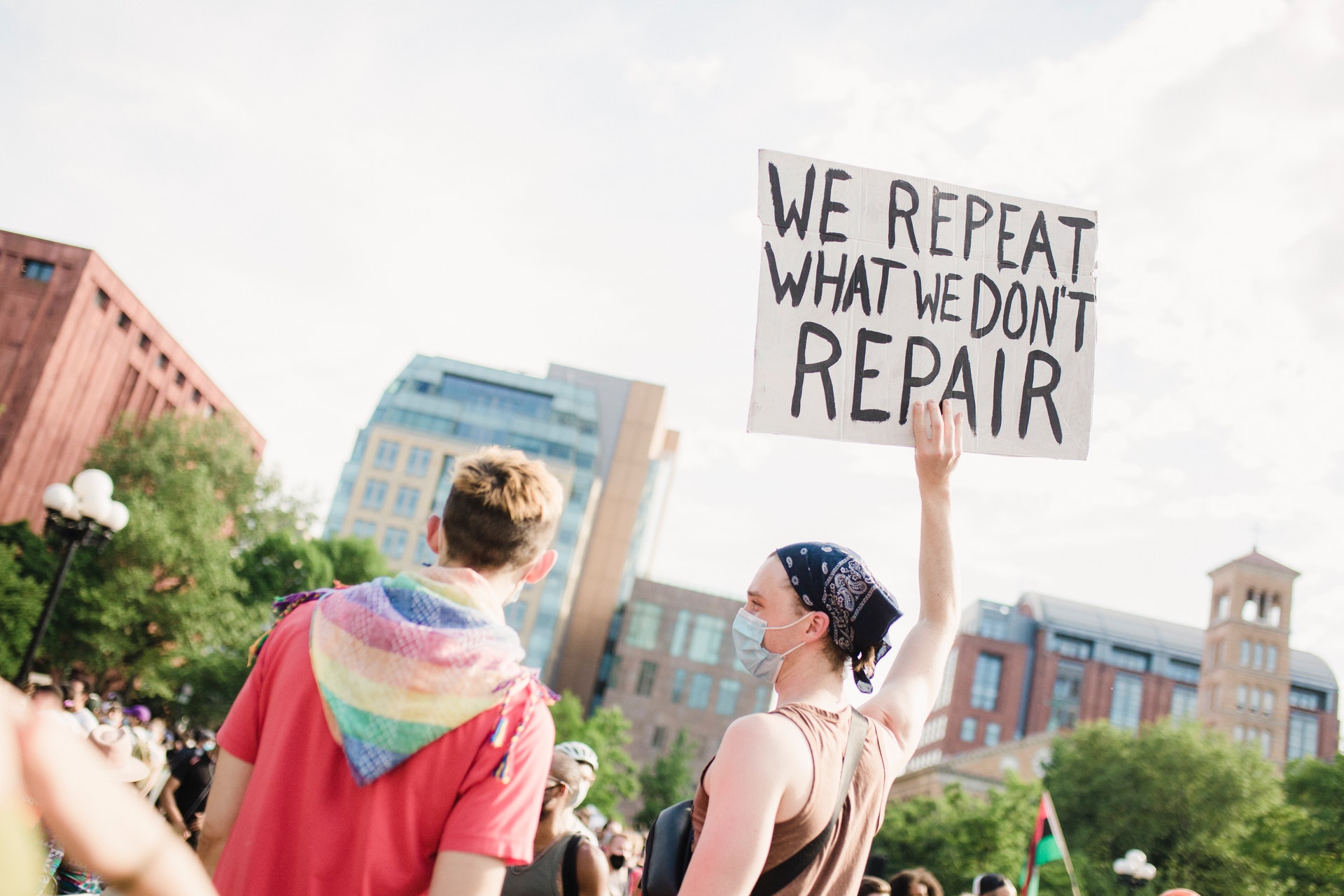A bill that would advance the fight for reparations is moving up the legislative ladder in Congress, opening the door for a national conversation about how America will finally address reparations after 400 years of enslavement of African Americans.
Since slavery’s abolishment 150 years ago in the United States, a path to carrying out overdue reparations has stirred up much debate over how to repay such damages. And even with the recent passage of a House bill by lead sponsor Democratic Rep. Sheila Jackson Lee of Texas, many unknowns lie ahead.
The bill, which has over 140 co-sponsors, would establish a commission to “examine slavery and discrimination in the colonies and the United States from 1619 to the present and recommend appropriate remedies.” It will study the governments’ former support of slavery, discrimination against freed slaves and their descendants, and the effects of slavery that remain in the country today. It will also aim to address lingering questions among Americans like who will get reparations and what form will they take.
“I think if we’re going to get reparations, it will have to be this type of bill,” said Kennis Henry, the legislation commission co-chair on the National Coalition of Blacks for Reparations in America, N’COBRA.
The commission would have 18 months to go through years and years of history, scholarly discoveries, and articles to study the validity of the documents, she says. And then they would be “charged to come back to Congress with remedies to repair those harms that we have endured for the past near 500 years.”
Conversations about reparations in this country prompt very intense emotions and opinions among Americans. Many including Senate Minority Leader Mitch McConnell believe reparations aren’t due because slavery happened hundreds of years ago and no one alive today is guilty and should be held responsible.
“I don’t think reparations for something that happened 150 years ago for whom none of us currently living are responsible is a good idea,” he said in 2019.
Experts who have studied reparations push back on such arguments by opponents.
“The federal government is a corporate person that is very much still living and it has a responsibility,” said Thomas Craemer, a professor at the University of Connecticut. “Many companies are still around and many states that were accumulated by slave labor are still around and are earning compound interest.”
What’s more, there is past precedence that governments can rely on as examples. The Compensated Emancipation Act of 1862 paid former slave owners money for each of their freed slaves because they were seen as lost property. Craemer says that if the government can pay the former slave owners, there is no reason they can’t pay the former slaves and their families.
Reparations were also paid to the Japanese people in America after they were kept in internment camps in World War II. “Japanese Americans got payments and different forms of reparations for something that happened to them for a few years,” said Henry. “It shouldn’t be any different.”
Experts agree that there will not be a straight path to reparations and even if the bill is passed by Congress and signed by President Joe Biden, the remedies they come up with will also have to go through additional legislative hurdles before they come to fruition.
“This is probably the best path to take in order to try to get to where we’re trying to get,” said Henry.
Still, some African Americans remain skeptical that a new congressional committee will be able to remedy years of injustices.
“They’ve already done that before. What more is there to investigate,” said Jason Minnis, a Black resident of East New York says. “They’re going to get a committee together to talk about some things and then nothing’s going to happen.”
Instead, Minnis wants to see lawmakers put forth a combination of taxation and beneficial programs for communities affected by slavery that continue to face disparities in healthcare, wealth, and structural racism more broadly. He says that such tax revenues should go to certain communities to aid access and quality education as well as job training programs, pointing to the “Drug War Reparations” program implemented in Oakland as a possible model.
But he also wants a check — and not a one-time check. “Sustained lifetime payments,” he says. “It should be generational payments just like the generational pain that has existed.”
Minnis’ grandfather was a sharecropper in South Carolina, who watched as his best friend got lynched for trying to open a business in 1927. His father, too, watched as the Klu Klux Klan burned crosses in his yard. Those impacts hit close to home. “We were never made whole for that,” said Minnis.
Alaya Davison, a Black student studying at New York University, maintains there won’t be a way to completely fix the issues slavery has caused.
“I think it’s funny that they used ‘remedies’ because ‘remedy’ implies that you’re curing or you’re fixing something completely and it’s going to be okay,” she said. “It’s not though.”
One thing many agreed on: reparations should go to everyone who is Black.
“I’m not gonna waste my time arguing nor debating who should get and who shouldn’t get because even today the vestiges of yesterday’s enslavement still exist,” Henry said. “If the color of your skin is Black, you are locked in with everybody else.”
Henry is hopeful the bill will prevail even with so many open questions left remaining like the cost of reparations.
“How do I put a price on the suffering of my ancestors?” says Minnis.








